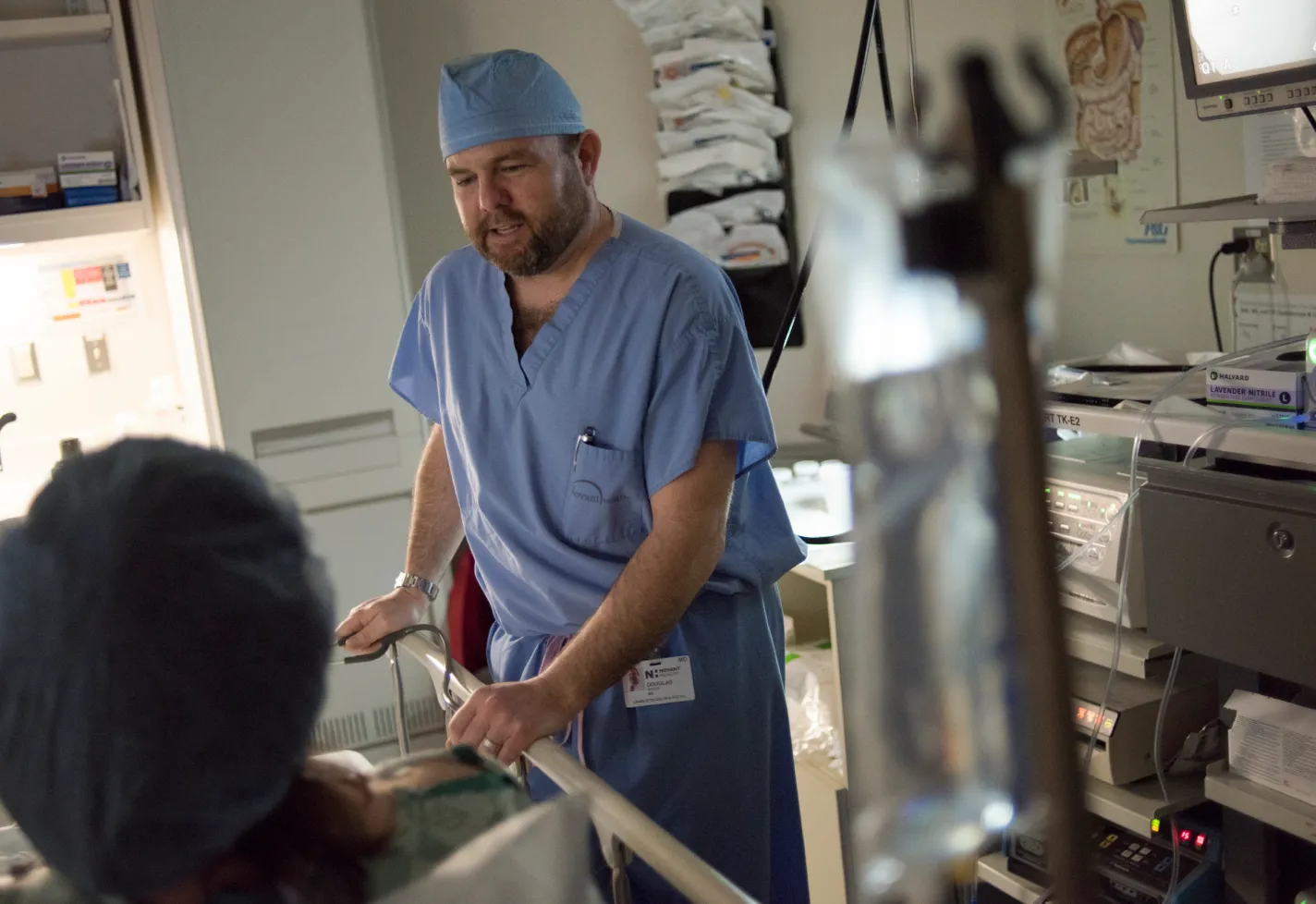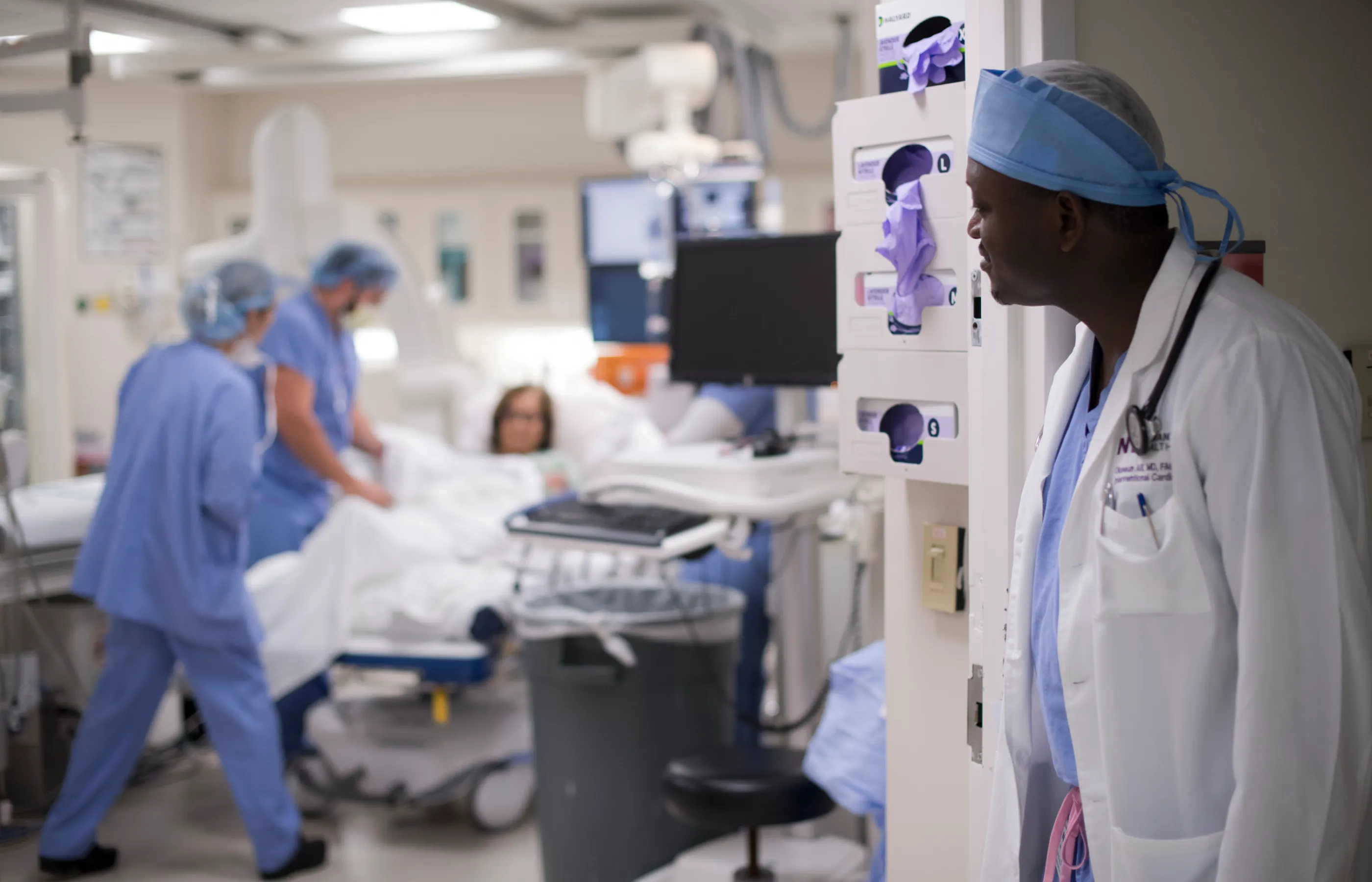Orthopedic Surgery
We're a leader in orthopedic joint care.
If you're considering orthopedic surgery for a bone, joint or muscular condition, the orthopedic experts at Novant Health are ready to help. Our board-certified surgeons offer a range of treatment options. Whether you're having a non-invasive procedure or surgery, our care team is with you every step of the way.

Complete orthopedic care
From head to foot, the orthopedic specialists at Novant Health have extensive experience in a range of treatment areas. Our surgeons are experts in their fields, using advanced techniques for minimally invasive procedures as well as major surgical procedures.
Our orthopedic specialties include:
- Foot and ankle
- Hand and wrist
- Hip and knee
- Shoulder and elbow
- Spine (neck and back)
- Sports medicine
A range of orthopedic procedures
Our orthopedic teams conduct thousands of surgical procedures each year, many of them total joint replacements.
Our orthopedic procedures include:
- Joint resurfacing
- Osteotomy (joint realignment)
- Partial joint replacement
- Total joint replacement
- "Revision" surgeries to correct previous procedures

Patient-focused approach to orthopedic surgery
When you meet with your orthopedic team, they'll listen to your physical and emotional needs and work with you to find the most appropriate treatment for your orthopedic condition. We use advanced diagnostic tools and techniques and perform minimally invasive procedures whenever possible.
Benefits of minimally invasive surgery
Minimally invasive orthopedic procedures often result in:
- Less post-operative pain
- Faster recovery times
- Minimal trauma to the surgical site
- Less scarring
- Lower risk of complications
Depending on your specific condition, you may be able to have procedures ranging from joint resurfacing to a total joint replacement through minimally invasive surgery performed in an outpatient setting.
Care and support beyond orthopedic surgery
If you are required to stay in the hospital following your surgery, your care team will continue to help you reach your goals following your procedure.
During your recovery, physical therapists will work with you to regain strength and flexibility while you are in the hospital. Novant Health also offers inpatient rehabilitation services that focus on physical and occupational therapy.
Once you are back home, your team of orthopedic specialists will help you stay on track as you reclaim your flexibility and freedom of movement.
Your Care Team's Role

Safer, Faster Recovery With ERAS
Our surgeons adhere to the Enhanced Recovery After Surgery (ERAS) care pathway.
This means your entire care team follows scientific-based methods before, during and after surgery designed to reduce your pain, reduce your recovery time and enable you to go home faster.
